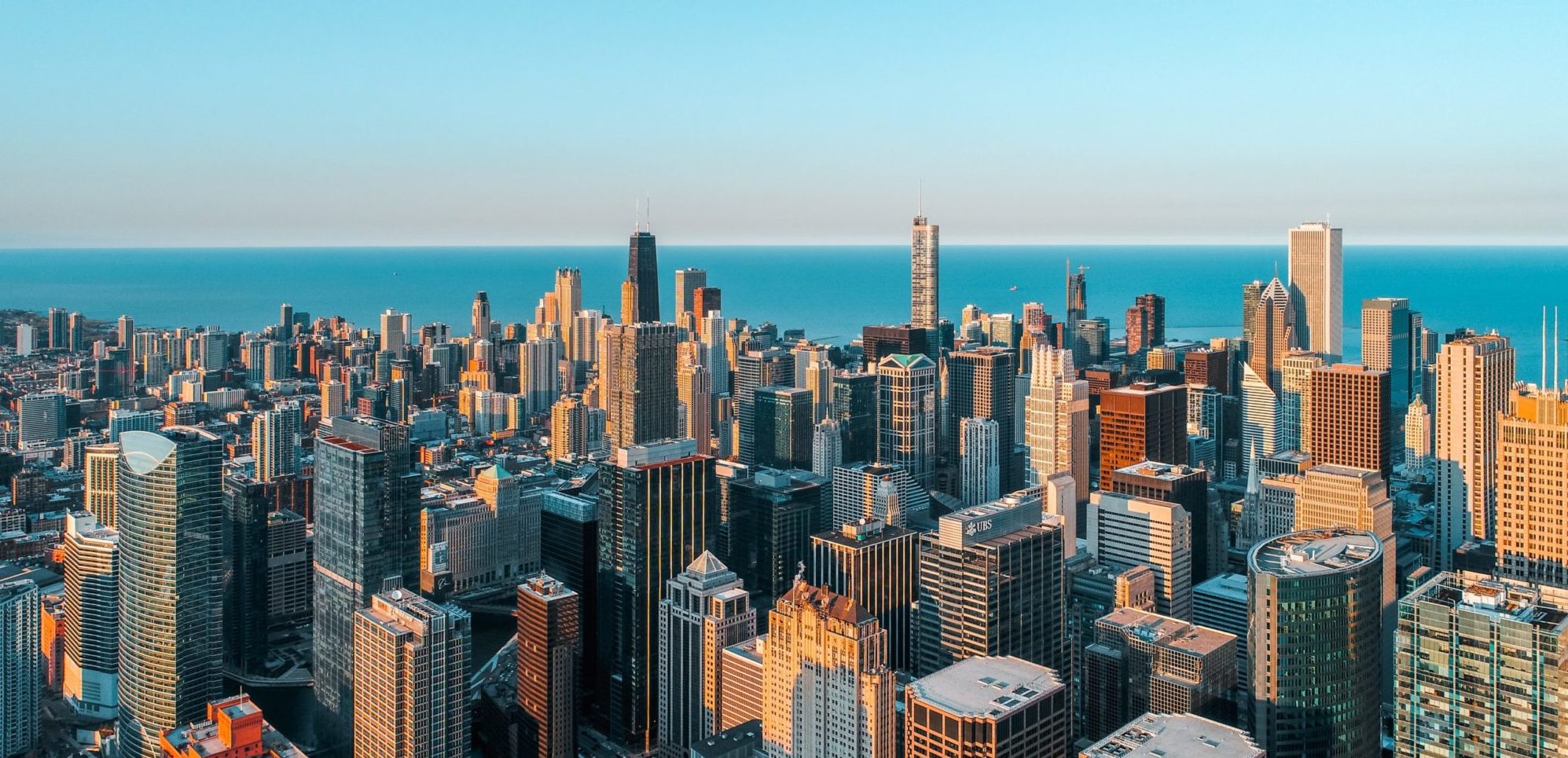At the UN climate change conference known as COP26, city and state leaders from around the US are joining their national peers in Glasgow, highlighting the important role subnational officials are increasingly playing on the international stage. For example, Illinois Governor J.B. Pritzker led a delegation of top state officials to promote Illinois as a climate-friendly investment destination and spread awareness of a new clean energy law in the state that aims to make Illinois carbon free by 2045.
President Joe Biden spoke of “a new era of relentless diplomacy” in his speech to the UN General Assembly on Sept. 21. The US government should work to harness the power of subnational diplomacy, in which governors and mayors address transnational issues, as it emerges as a potent force that can bolster American interests abroad. With the proper training and resources, cities and states can contribute to this diplomacy and reap the cultural, economic, and political rewards that often accompany international engagement while mitigating national security risks.
ENGAGEMENT AT THE SUBNATIONAL LEVEL
Global engagement by cities and states is already robust. The Chicago Council on Global Affairs and the University of Melbourne’s Connected Cities Lab conducted a survey of officials from 47 major cities around the world to determine how they engage internationally. Ninety-three percent of respondents stated their city has a senior manager who works on international relations, and 86% of the respondents’ cities maintained an official international office. These officials work with their peers abroad as well as foreign diplomats working in their city.
The US government should work to harness the power of this subnational diplomacy, in which governors and mayors address transnational issues, as it emerges as a potent force that can bolster American interests abroad.
Despite this level of engagement, however, subnational officials rarely receive the necessary training and resources to be successful when working with international organizations and their peers abroad. The Chicago Council and University of Melbourne survey also indicated that only 43% of staff responsible for international activities underwent relevant training for their position. When it does occur, training in international affairs for city officials tends to be informal or self-guided, such as through attending conferences or reading policy papers.
Of course, not all subnational governments have resources to devote to formal training programs, but national governments should provide leadership, mentorship and resources to better leverage subnational diplomacy’s successes. An Office of Subnational Diplomacy in the US Department of State has been proposed but not yet realized because the legislation has not yet reached a floor vote in Congress. Establishing such an office could harness the resources and experience of the federal government to ensure more coordinated messaging and policies between subnational and national governments when engaging abroad.
PICKING THE RIGHT AMBASSADORS
The slate of ambassadors nominated by Biden is already a testament to the role subnational officials play in global affairs. This growing list of individuals with deep local government experience who may join the ranks of America’s diplomatic corps include Milwaukee’s Thomas Barrett, nominated to be the ambassador to Luxembourg, Chicago’s Rahm Emanuel, recently appointed as the ambassador to Japan, and Los Angeles’ Eric Garcetti, nominated to serve as the ambassador to India, to name a few.
Ambassadors who have previously served as city officials have an opportunity to deepen the US’ global connections within its local communities. The experience they bring will help America to strengthen relations with its allies and partners as well as rise to the challenges posed by its competitors and adversaries. Their work at the grassroots level offers them nuanced insight into the cultural, economic, and political needs of the communities they represent and insight into how global engagement can help to realize these needs. Yet, each of their nominations has been delayed due to Senator Ted Cruz’s (R-TX) hold on dozens of Biden administration nominees. Cruz placed these holds after Biden waived sanctions on the company building the Nord Stream 2 gas pipeline.
By connecting the local with the global, American foreign policy will be more cohesive and effective at ensuring the benefits of international engagement are realized at a grassroots level.
THE PROMISE OF SUBNATIONAL DIPLOMACY
President Dwight D. Eisenhower recognized the promise of subnational diplomacy and engagement when he stated at his White House Conference on Citizen Diplomacy in September 1956:
“Two convictions unite us in common purpose. First, is our belief in effective and responsive local government as a principal bulwark of freedom. Second, is our faith in the great promise of people-to-people and sister city affiliations in helping build the solid structure of world peace.”
Those words ring true even today. Sixty-five years later, Congress should honor that legacy and support cities’ international engagement by creating an Office of Subnational Diplomacy at the State Department. In doing so, national and subnational governments can and must take an additional step to realize their common purpose by working in tandem to bolster America’s interests abroad.
Matt Abbott is the Director of Government and Diplomatic Programs at the Chicago Council on Global Affairs. The views expressed in this article are his own and do not represent any institutional positions.





















